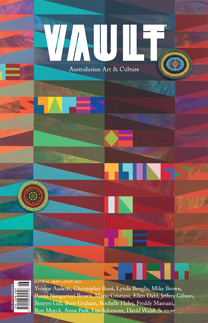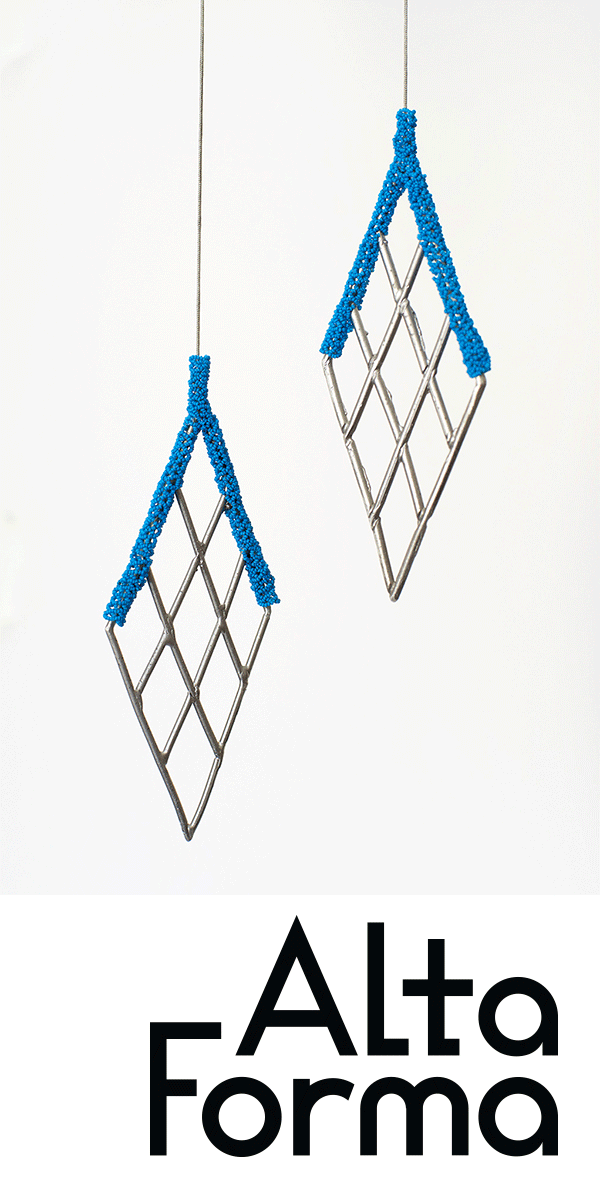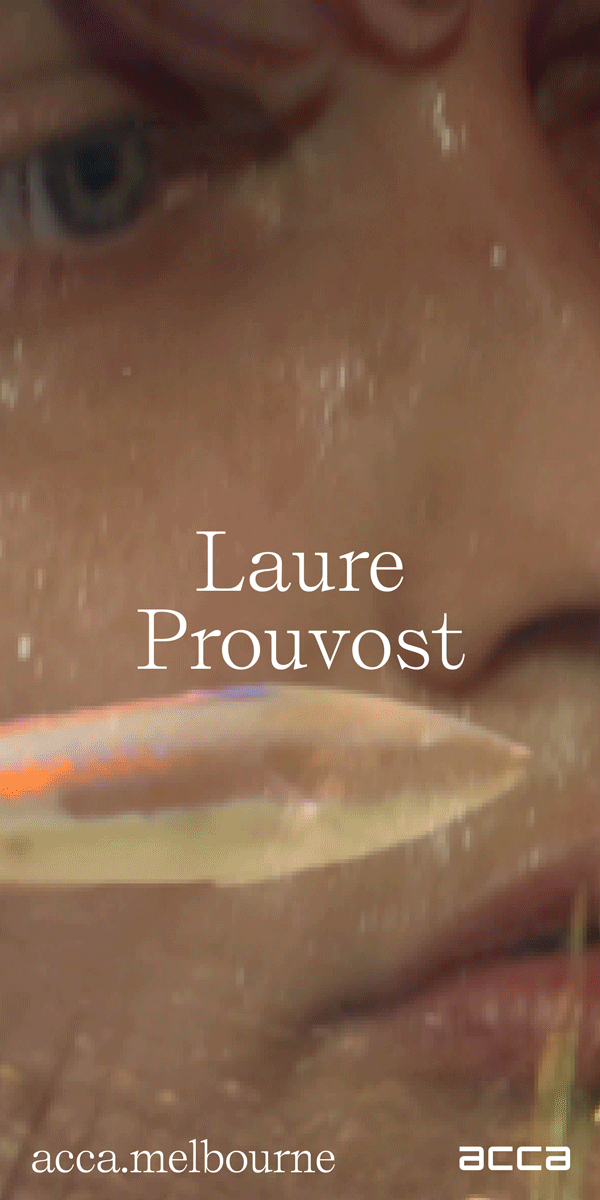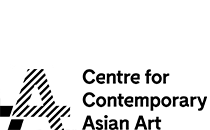Andrea Grützner
Family Ties
For the up-and-coming photographer Andrea Grützner, returning to a traditional East German guesthouse sparks a poignant exploration of the cyclical nature of memory as well as the slow drip of time.
The last two years have seen the German artist Andrea Grützner rack up a list of some pretty significant achievements.
She was featured in the 2016 issue of the yearly ‘Talent’ edition released by Dutch magazine Foam; she published her first photobook, das ECK, with Kerber Verlag (Germany); and her work was presented
at Photo London with Robert Morat Galerie. She also took over the majority
of Melbourne’s Centre for Contemporary Photography during June and July with two bodies of work, Tanztee and Erbgericht. This considerable CV gets a little more impressive when you consider Grützner only graduated from Bielefeld University in Germany in 2014.
Before sitting down to talk with the artist during her short time in Melbourne I spent
a couple of hours at the Centre for Contemporary Photography taking in
the work. Everything I’d previously read ruminated on her smart, cool, detached aesthetic or focused on her use of colour
to abstract the spaces she represents. However, being with the work in the gallery space I found just the opposite. I found the photographs neither detached nor abstract. Instead, I saw in them a romantic longing, a sense of longing for the past, for forgotten traditions and a melancholy perspective on the inevitable atrophy of familial connection that time brings.
The two series of works Erbgericht and Tanztee both originate from the same location and were shot during the same period. The Erbgericht of her title is the name of a traditional German guesthouse from her homeland ... Subscribe to read this article in full
























